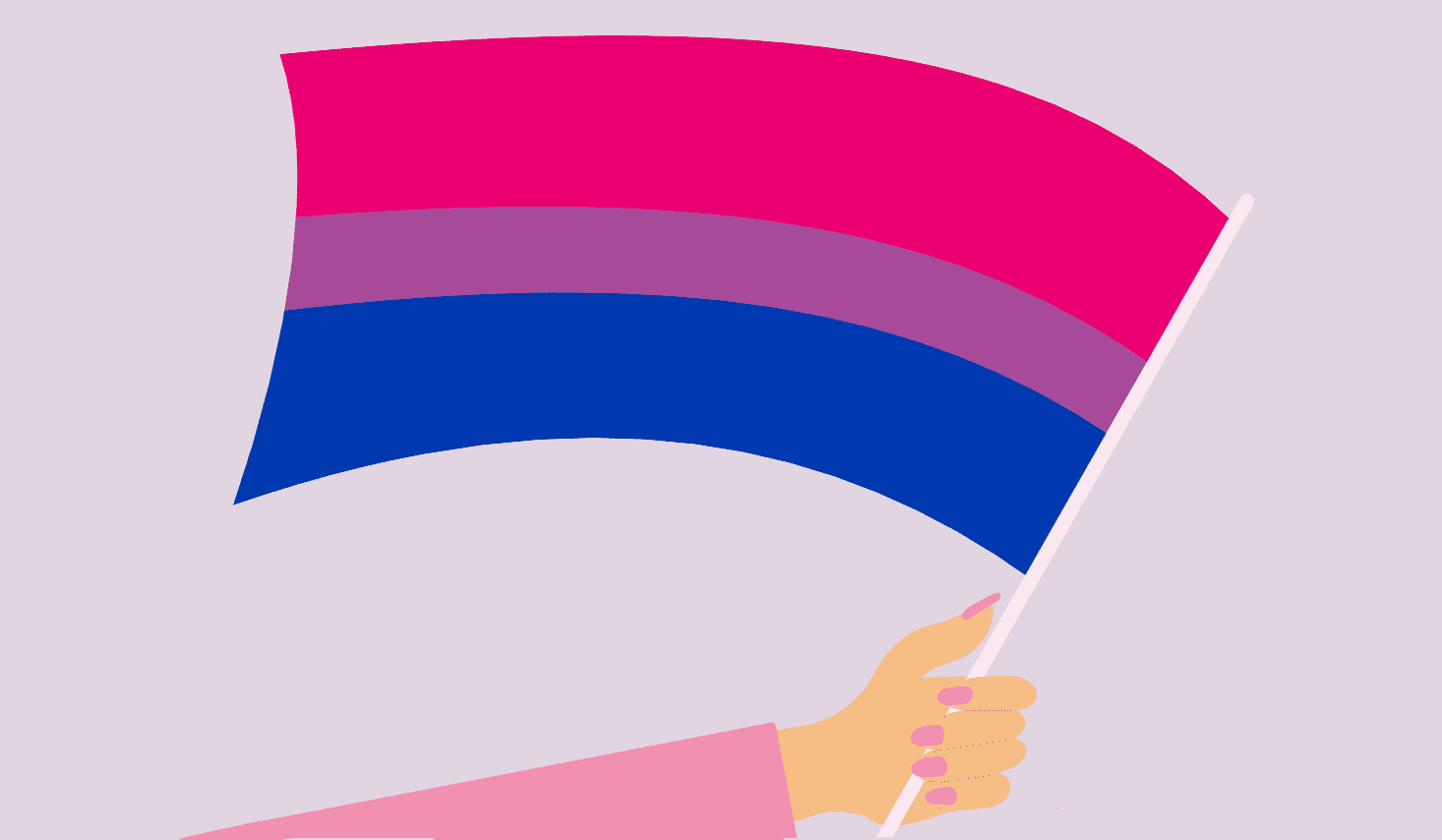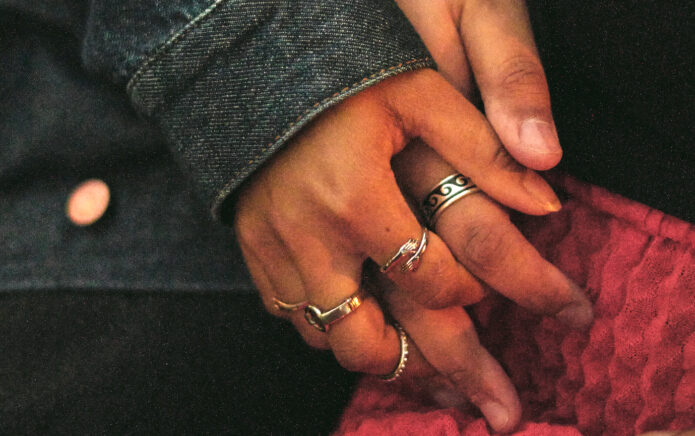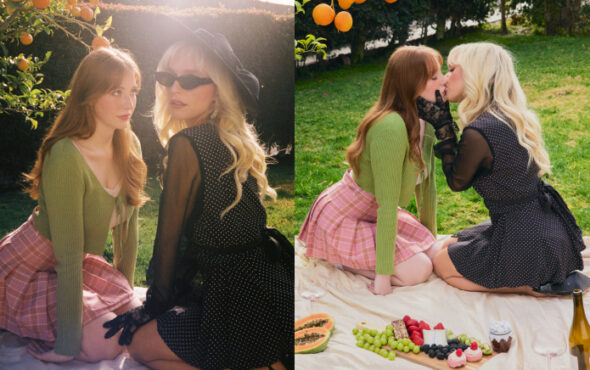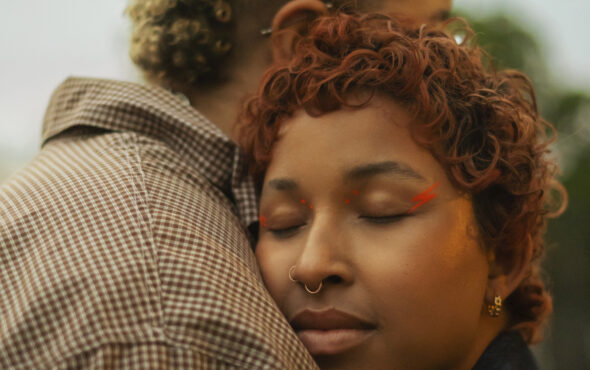
As a bisexual woman, I have faced a few types of discrimination – from bi-erasure to oversexualisation by the media and people close to me, to being harassed by homophobic strangers. But I never thought that what would make me question everything would be someone actually celebrating one of my relationships.
I started dating my very wonderful straight, cisgender boyfriend over a year ago. He is smart, funny and a great ally to me and all my LGBTQ+ friends. I’ve dated people that were not men before, and I can confirm that the way I feel dating someone of one particular gender is no different to dating another. No matter what gender identity they have, I know that if they are kind, make me laugh and are willing to put up with a (totally healthy) obsession with cheesecake, I will love them. But, being in a long-term relationship with a man has given me a surprising perspective.
A few months ago I was happily saying goodbye to my boyfriend on a street corner after a date. As we quickly kissed, a teenager on a bike cheered as they passed us. My boyfriend was amused and chuckled, but I couldn’t. Suddenly, I was 17-years-old again, holding hands, hugging, and messing around with my first girlfriend at a park when someone shouted out to us too. But that time, it wasn’t funny. It was some kids, disgusted by us and calling us “lesbians”. We just left and tried not to speak about it. Since then, I convinced myself that I was not fazed by it, that although it was sad, I wasn’t affected.
But in that moment with my boyfriend four years later, it all came crashing down on me. I knew that this incident was not the only way my relationship was different to when I had dated women. I did not have to be afraid of holding hands anymore, his parents knew me as his partner not his “bestie”, and I did not fearfully think twice about the pronouns I used for my partner whenever I was mentioning them to a person I just met. Even as a proud, out member of the LGBTQ+ community, I realised it was actually quite nice to hide for a little while, disguised as a straight person.
I know that no LGBTQ+ person, including me, deserves to be discriminated against. I know that it is normal to not want this, and to be sad and angry about all the terrible, homophobic things people have said. I did not feel guilty about that.
However, I did find myself feeling guilty that some LGBTQ+ people would never be in a straight-passing relationship. I started to think that I had it “easy”, because they would never have the safety blanket I have been comfortably using for over a year now.
I struggled for months, thinking of all the LGBTQ+ people I love, my friends and strangers, that do not deserve this discrimination, and my heart kept breaking at the thought of them having to feel the pain I have felt.
After months of questioning myself, I heard about Just Like Us, the LGBTQ+ young people’s charity, and decided to volunteer on their ambassador programme. Having the opportunity to discuss current LGBTQ+ issues, hearing other people’s stories and feeling like I was making a difference, gave me a new perspective on my dilemma and I came to some realisations.
No one is “privileged” because they face less homophobia in their day-to-day. Not being discriminated against is a human right. I began to reframe my particular situation as something which meant I was more able to advocate for the rest of my LGBTQ+ peers, which is a powerful thing.
Research from Just Like Us has shown that bisexual young people often disproportionately struggle with their mental health, with more than half saying they feel lonely on a daily basis. We all experience being LGBTQ+ differently, but unfortunately, a common experience is that most of us will be subjected to discrimination in one way or another at some point in our lives.
Now, through acknowledging my own suffering, embracing my place in our diverse community (whatever the gender of my partner) and continuing to be a good ally to all my LGBTQ+ peers, I know I will never feel guilty again.
Raquel is an ambassador for Just Like Us, the LGBT+ young people’s charity. If you’re LGBT+, age 18-25 and living in the UK, you can volunteer for the Ambassador Programme here.



